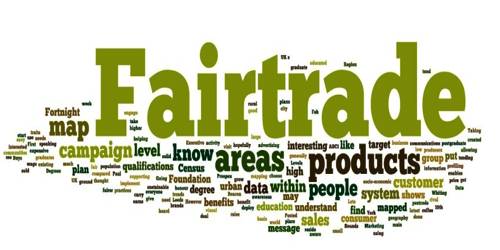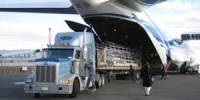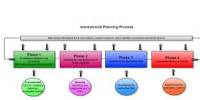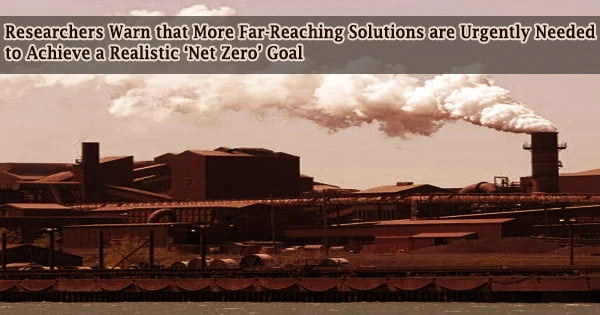Fair Trade is a social movement whose stated goal is to help producers in developing countries achieve better trading conditions and to promote sustainable farming. Fair trade is a simple way to make a difference to the lives of the people who grow the things we love. We do this by changing the way trade works through. It seeks to change the terms of trade for the products we buy – to ensure the farmers and artisans behind those products get a better deal. Most often this is understood to mean better prices for producers, but it often means longer-term and more meaningful trading relationships as well.
Fair Trade is more than just trading:
- It proves that greater justice in world trade is possible.
- It highlights the need for change in the rules and practice of conventional trade and shows how a successful business can also put people first.
- It is a tangible contribution to the fight against poverty, climate change and economic crisis.
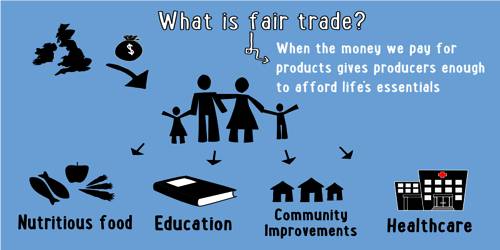
Key Principles of Fair Trade
- Trading practices are fair and not one-sided.
- Prices paid are fair and sufficient for producers and workers to earn more than enough to meet their day-to-day needs.
- Payments are often made in advance to ensure the supplier can fulfill orders.
- Producers and workers have a voice, whether organised into groups or involved in workplaces where there is freedom of association.
- Safe working conditions, non-discrimination and welfare of children.
Fair Trade is a movement whose goal is to help producers in developing countries to get a fair price for their products so as to reduce poverty, provide for the ethical treatment of workers and farmers, and promote environmentally sustainable practices.
There are several recognized fair trade certifiers, including Fairtrade International (formerly called FLO, Fairtrade Labelling Organizations International), IMO, Make Trade Fair and Eco-Social. Additionally, Fair Trade USA, formerly a licensing agency for the Fairtrade International label, broke from the system and is implementing its own fair trade labelling scheme, which has resulted in controversy due to its inclusion of independent smallholders and estates for all crops.
Fairtrade is about better prices, decent working conditions and fair terms of trade for farmers and workers. It’s about supporting the development of thriving farming and worker communities that have more control over their futures and protecting the environment in which they live and work.
Information Sources:
